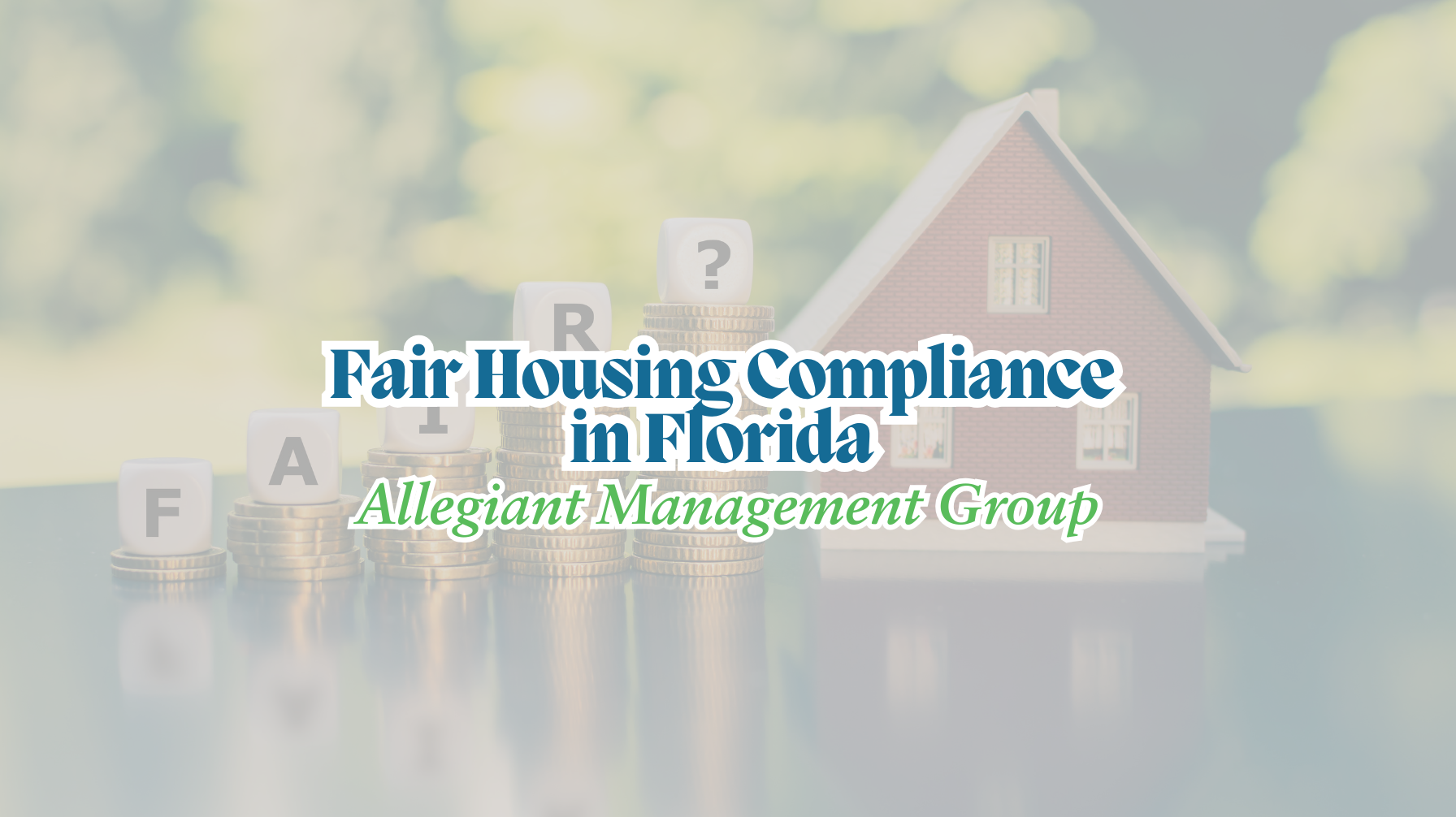Florida Rental Fair Housing Guidelines for Landlords
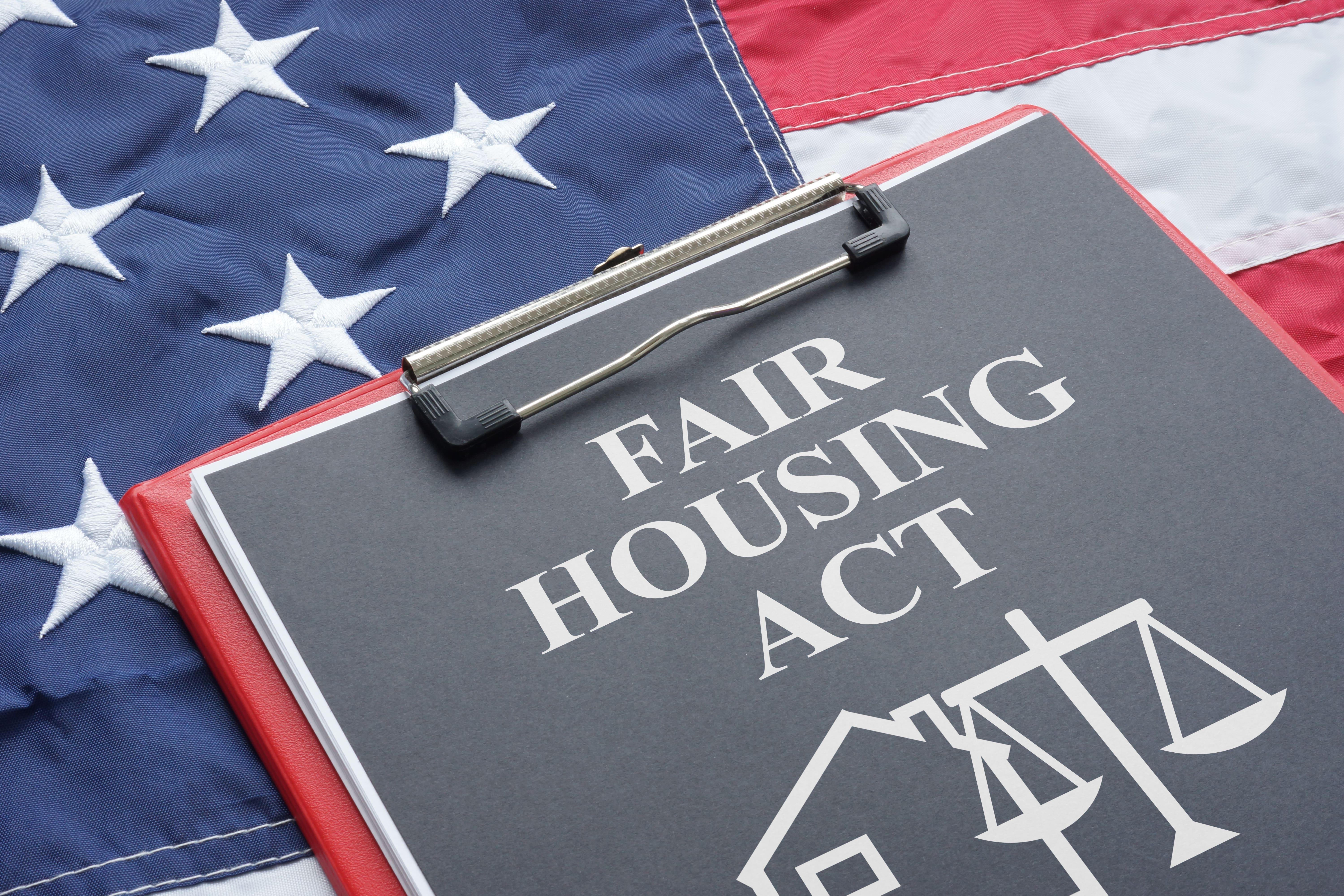
Navigating the legal landscape of property ownership can be a daunting task. This is especially true when it comes to understanding and complying with fair housing laws and housing discrimination laws.
In Florida, the housing discrimination state laws play a crucial role in property management. They ensure that all individuals have equal access to housing opportunities. The Fair Housing Act is a federal law that prohibits discrimination in housing. It applies to landlords, real estate agents, and other housing providers.
However, understanding the Federal Fair Housing Act is just the beginning. In Florida, property owners, managers, and real estate agents must follow specific fair housing rules.
This article aims to demystify fair housing compliance in Florida. This article will give a clear overview of the Fair Housing Act and explain what landlords must do by law. The guide will also provide practical tips to help ensure that they follow these rules.
By the end, you'll have a solid understanding of fair housing compliance in Florida. You will also gain the knowledge to effectively communicate these legal aspects to others.
Understanding the Fair Housing Act
The Fair Housing Act was established to eliminate discrimination in housing. Signed into law in 1968, it stands as a protection against unfair treatment in the housing sector. The Act prohibits biases based on race, color, religion, sex, or national origin.
Over the years, the Act has expanded its protection. Amendments have included additional protected classes. These changes reflect society's evolving understanding of discrimination.
Property owners and agents must understand the Act's mandates. Non-compliance can result in severe legal consequences. Understanding these obligations leads to better property management and equitable treatment of all tenants.
Protected Classes Under the Fair Housing Act
The Act specifically outlines protected classes. These categories are individuals shielded from discriminatory practices. Recognizing these classes is vital for property owners and agents.
Here is a list of the protected classes under the Fair Housing Act:
- Race and Color: Protects against racial discrimination.
- National Origin: Ensures fair treatment regardless of country of origin.
- Religion: Protects those of all faiths from bias.
- Sex: Discrimination based on gender is not allowed.
- Familial Status: Safeguards families with children.
- Disability: Ensures accessibility and inclusion for individuals with disabilities.
Being familiar with these classes guides property owners in creating inclusive policies. Each class represents a vital aspect of fair treatment in housing. By adhering to these guidelines, property owners foster environments that respect diversity.
Comprehending these protected classes is not merely a legal obligation. It is an ethical commitment to fairness in the housing market. Thus, staying informed and vigilant about these categories is crucial.
Unprotected Classes
Some classes, like marital status and source of income, are not federally protected under the Fair Housing Act. This means landlords in some areas can legally look at a tenant’s relationship status or income source. This includes things like Section 8 vouchers or disability benefits.
However, many states and cities have added protections, so landlords should stay informed to ensure compliance with local laws. People should avoid discrimination in housing-based arenas. Discrimination on the basis of anything related to housing can cause negative impact.
Fair Housing Laws for Landlords in Florida

Florida's fair housing laws align closely with federal standards. They ensure equal access to housing throughout the state. Landlords must understand these regulations to maintain compliance.
The Florida Fair Housing Act (Chapter 760) complements the federal law. Similar to the Civil Rights Act of 1964 but the act prohibits discrimination in housing transactions.
This includes the selling, renting, and financing of homes. Specifically sellers, buyers, and prospective tenants. The office of fair housing facilitates this.
Understanding and implementing fair housing regulations are crucial for landlords. Adhering to these laws not only minimizes legal risks but also promotes community trust. Proper knowledge helps landlords make informed decisions.
Landlords should focus on creating non-discriminatory practices.
Here are key aspects to consider:
- Advertising: Ensure ads do not indicate a preference or limitation based on protected classes.
- Leasing Processes: Apply the same criteria uniformly to all applicants across all rental applications.
- Tenant Interactions: Maintain respectful and equal treatment for all tenants.
Being proactive in fair housing compliance demonstrates professionalism. This can also enhance your property's reputation. It's an important factor in tenant retention and satisfaction.
Support from local housing authorities can be invaluable. They offer resources to help landlords stay informed. Utilizing these resources can aid in maintaining compliance across different municipalities.
Florida Tenant Rights, Florida Rental Laws, and Fair Housing Compliance
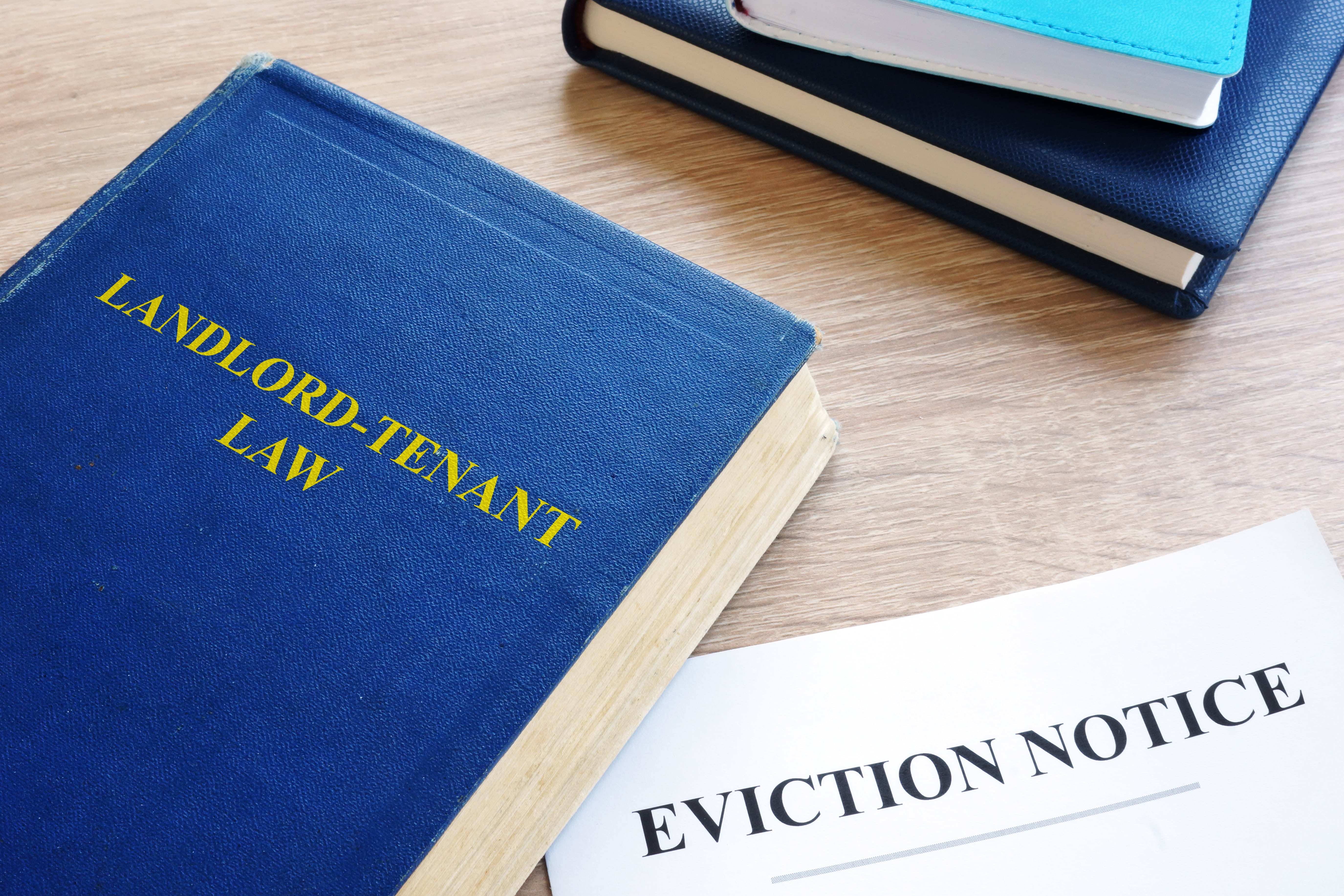
Florida's rental laws play a significant role in fair housing. Landlords must be aware of regulations that affect rental agreements. Understanding these helps in avoiding inadvertent discrimination.
Rental laws dictate tenant rights, covering various areas. These include security deposits, lease terms, and eviction processes. Compliance ensures fair treatment of tenants and avoids potential legal issues.
Fair housing compliance involves consistent application of rental laws. This means treating all tenants equally across all facets of tenancy. Effective compliance supports a harmonious landlord-tenant relationship.
Local fair housing rules can vary across Florida. For example in Central Florida, cities like Kissimmee and Orlando, may have additional guidelines. These local nuances are essential for landlords operating in these areas.
Central Florida Fair Housing Compliance

Kissimmee landlord fair housing rules follow the federal law, and emphasize equal opportunity. They stress the importance of non-discriminatory leasing practices. Understanding these rules helps landlords navigate local requirements effectively.
Orlando, too, has stringent fair housing regulations. The city promotes inclusive practices through robust compliance measures and community training events. Landlords here need to engage with local housing authorities for guidance. This ensures their practices align with both local and federal laws.
For landlords, keeping updated on these local rules is key. It helps in maintaining legality and fostering community trust. Taking advantage of local resources and training can be beneficial.
Reasonable Accommodations in Fair Housing
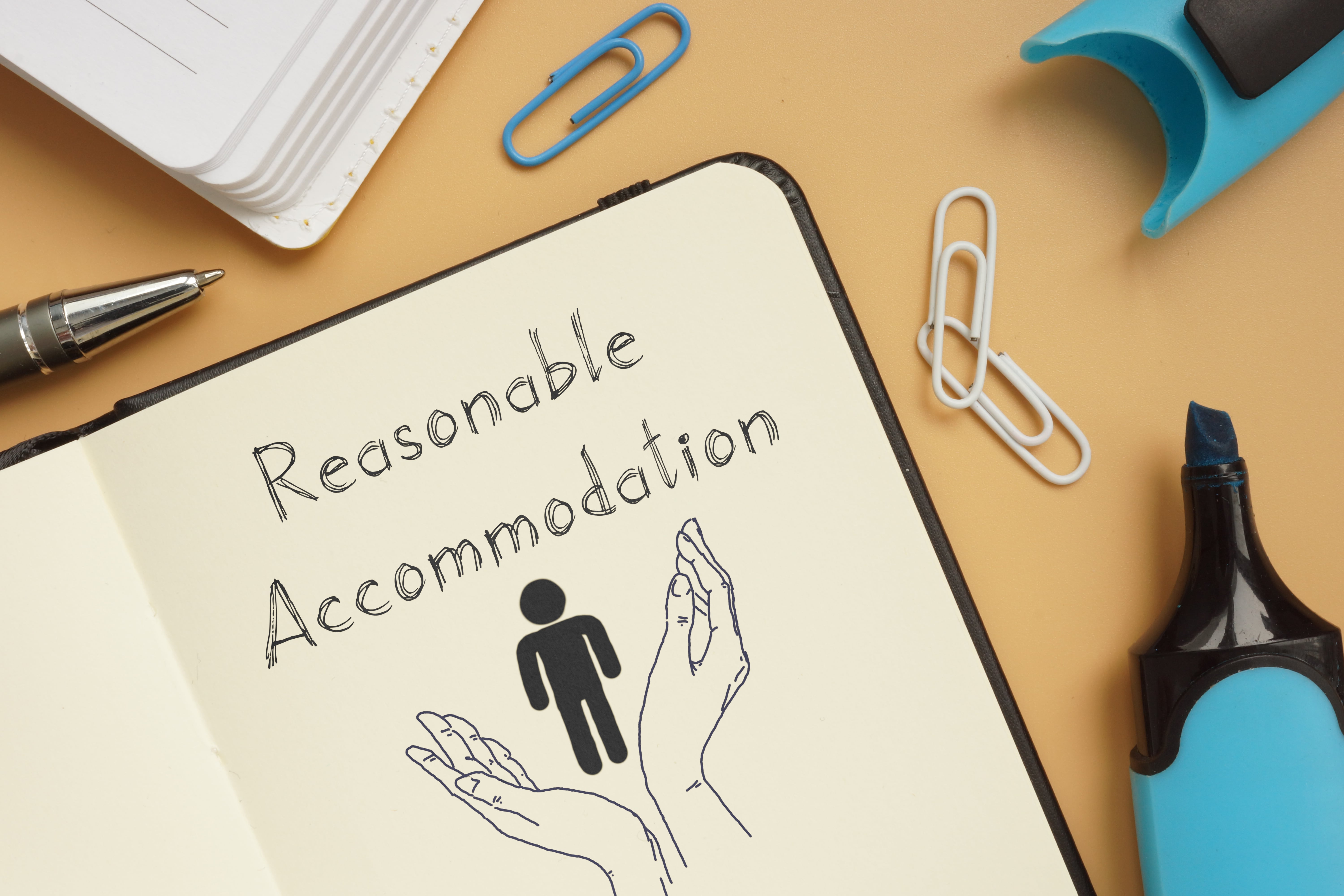
Reasonable accommodations are a cornerstone of the Fair Housing Act. They involve changes that allow disabled individuals equal housing opportunities. For landlords, this means adapting or waiving policies that may prevent tenants from using housing services.
These adjustments might include a reserved parking space close to the unit. Or it could mean allowing an emotional support animal in a no-pet building. The key is to provide necessary modifications to ensure access without undue burden.
The Americans with Disabilities Act (ADA) covers reasonable accommodations that protect persons with disabilities. Landlords should assess requests on a case-by-case basis.
Not everyone needs to grant all requests, but each person should carefully consider them. The goal is to find a practical balance between tenant needs and property capabilities
Typical reasonable accommodations may include:
- Policy Adjustments: Modifying rules to permit service animals.
- Structural Changes: Installing grab bars in bathrooms.
- Communication Aids: Providing documents in large print.
For landlords, providing these accommodations is non-negotiable. It’s a legal requirement under fair housing laws. Implementing these changes requires understanding and often, collaboration with tenants. This promotes a fair housing environment for all parties involved.
Fair Housing Best Practices for Landlords
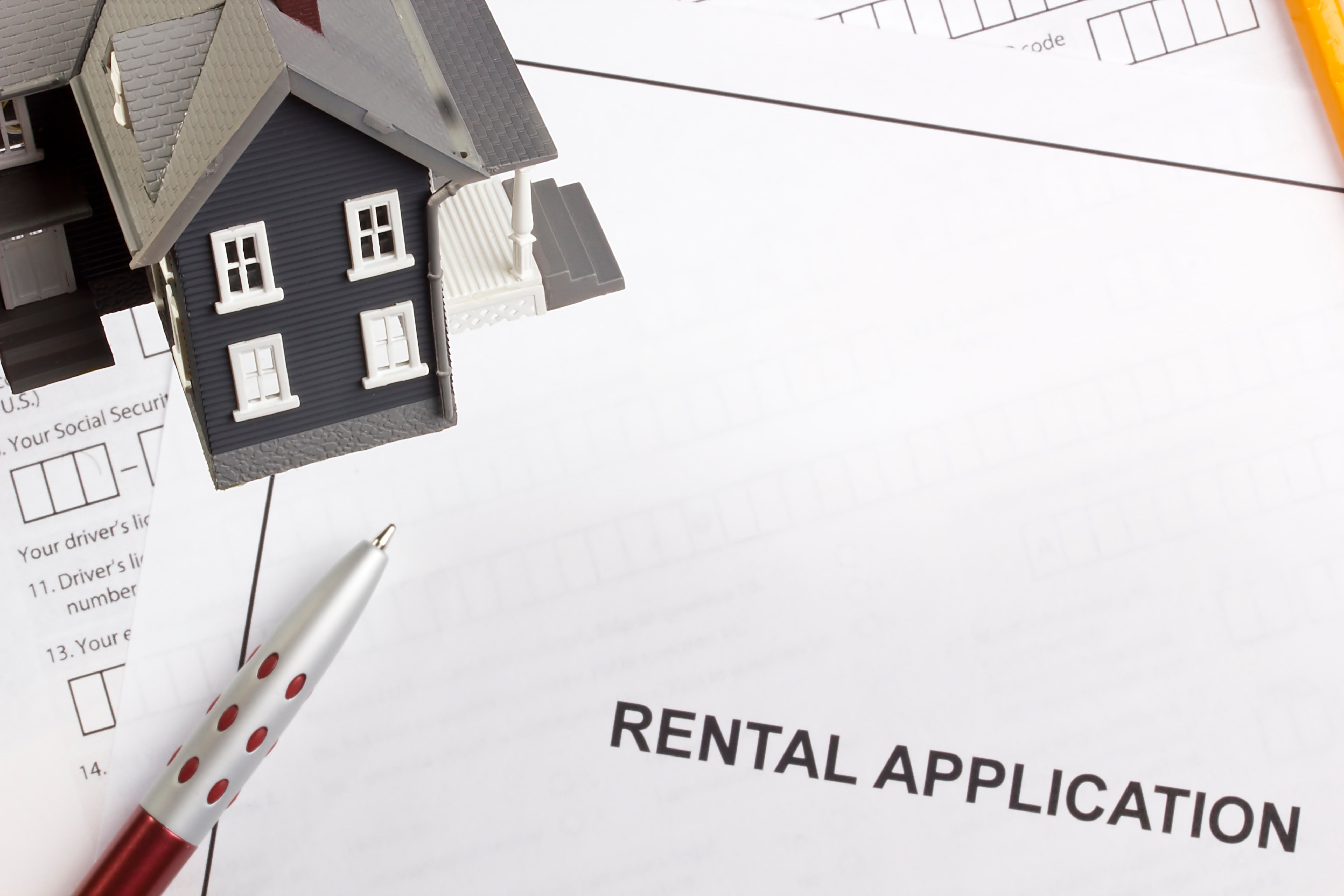
To ensure fair housing compliance, landlords must adopt robust policies. These policies help prevent discrimination and promote an inclusive environment. Understanding legal requirements and staying updated with changes is vital.
A few strategic practices can make a substantial difference. These include establishing clear guidelines and maintaining transparency in all tenant interactions. Documenting decisions and procedures is another key aspect, serving as evidence of compliance.
Regular training for all involved personnel is also essential. Training ensures everyone understands fair housing laws. It helps prevent unconscious bias and reduces the risk of violations. Moreover, it promotes a culture of equality and respect.
Here are some recommended practices for landlords:
- Develop comprehensive fair housing policies.
- Conduct regular training sessions for staff.
- Employ a consistent tenant screening process.
- Keep thorough records of all tenant communications.
- Implement a clear procedure for handling complaints.
- Seek legal advice for complex cases
Adapting these practices can improve tenant relations. It can also safeguard against potential legal issues. When tenants see a commitment to fairness, they feel more valued and secure. This can enhance community trust and promote long-term tenancy.
Avoiding Discrimination and Ensuring Compliance

Discrimination in housing can have serious consequences. Avoiding it requires clear, enforceable policies. Landlords should focus on treating all tenants equally and without bias.
Consistency is key when dealing with tenants. Apply policies uniformly to prevent preferential treatment. Even subtle discrepancies in communication or enforcement can lead to claims of discrimination.
Regularly reviewing and updating policies can prevent issues. Remaining proactive in understanding tenant needs and keeping informed about legal changes benefits both landlords and tenants. This vigilance helps ensure ongoing compliance and fosters an inclusive housing environment.
Fair Housing Training and Policy Development

Training is fundamental for fair housing compliance. All staff should understand the importance of fair housing laws and their daily applications. Comprehensive training reduces the risk of legal pitfalls and promotes a respectful tenant atmosphere.
Developing formal training programs is an effective measure. These programs should cover legal basics and practical scenarios. They equip staff with the skills to handle situations correctly and confidently.
Policy development should not be static. Regular reviews are crucial to reflect any legal changes or emerging trends. Engaging with legal experts for policy updates ensures alignment with current regulations. This proactive approach helps protect the property and enhances tenant satisfaction.
Strategies for Record-Keeping and Risk Mitigation

Effective record-keeping is a cornerstone of fair housing compliance. Accurate records serve as proof of non-discriminatory practices. They can be invaluable in defending against potential claims.
Ensure all interactions with tenants are documented. This includes communications, application processes, and decision-making criteria. Regular audits of these records can highlight potential compliance issues before they escalate.
Using property management software simplifies this process. It aids in organizing records and ensuring they are readily available when needed. By adopting rigorous documentation practices, landlords strengthen their legal standing and foster transparency.
Examples of Possible Housing Discrimination
Housing discrimination can take many forms, some of which may not always be obvious at first glance. The Fair Housing Act protects renters and buyers from discriminatory practices based on race, color, religion, national origin, sex, disability, and familial status.
Below are some examples of potential violations that could indicate housing discrimination:
- Refusing to rent based on race, religion, national origin, sex, disability, or familial status.
- Setting different rental terms for certain groups (e.g., higher deposits, stricter rules).
- Falsely claiming a unit is unavailable.
- Using discriminatory language in listings (e.g., “No children,” “Christian tenants preferred”).
- Targeting or excluding specific demographics in marketing.
- Enforcing rules unfairly (e.g., warning families about noise but not single tenants).
- Denying reasonable accommodations for disabilities (e.g., refusing a service animal).
- Requiring higher income levels from certain applicants.
- Rejecting applicants based on irrelevant criminal records.
- Not renewing leases due to race, religion, or family size.
- Evicting tenants in retaliation for filing discrimination complaints.
The Importance of Fair Housing Compliance

Adhering to fair housing laws is crucial for property owners, managers, and real estate agents. These regulations not only protect against discrimination but also foster inclusive communities. Compliance ensures everyone has equal access to housing, promoting diversity and equality.
Moreover, abiding by these laws protects property owners from legal repercussions. It builds a reputation of trustworthiness and commitment to fair practices.
Ensure Your Property is Fair Housing Compliant with Allegiant Management Group!
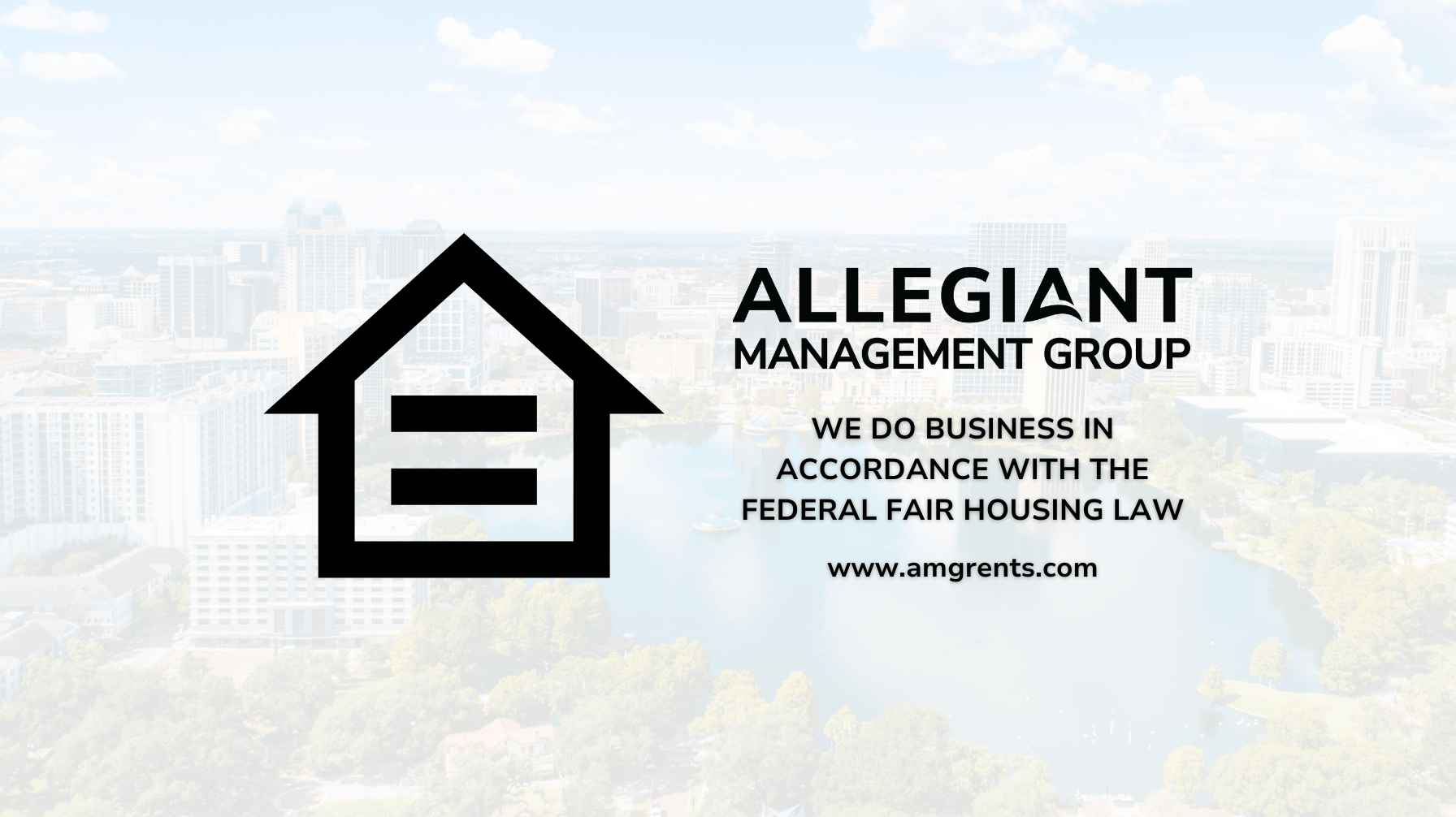
Understanding fair housing laws can be challenging, but you don't have to tackle it by yourself.
At Allegiant Management Group, we make sure that we follow all fair housing laws at the federal, state, and local levels. This helps protect landlords from expensive legal problems and promotes a welcoming rental community.
We are committed to providing an inclusive and welcoming environment for all individuals. We follow the rules of the Fair Housing Act. This ensures everyone has equal access to housing without discrimination.Why Choose Allegiant Management Group?
- Expertise in Florida Fair Housing Laws
- Comprehensive Tenant Screening & Compliance
- Professional Property Management Services
- Access to Legal Guidance & Documentation Support
Need help with fair housing compliance? Reach out to us today and we will be glad to help!
Fair Housing Compliance Florida: Understanding Implicit Bias
Frequently Asked Questions (FAQ) About Fair Housing Compliance in Florida
What is the Fair Housing Act?
The Fair Housing Act (FHA) is a U.S. federal law enacted in 1968 that prohibits housing discrimination based on race, color, religion, sex, disability, familial status, or national origin. It applies to renting, buying, and financing homes, ensuring equal housing opportunities for all.
Who must comply with fair housing laws in Florida?
In Florida, fair housing laws apply to landlords, property managers, real estate agents, homeowners associations, lenders, and anyone involved in housing sales, rentals, or financing. The law prohibits discrimination based on race, color, religion, sex, disability, familial status, or national origin.
What are the penalties for violating the Fair Housing Act?
Penalties for violating the Fair Housing Act include civil fines up to $16,000 for a first offense and higher for repeat violations. Courts may also impose damages, attorney fees, and injunctions. Severe cases can lead to criminal charges or DOJ lawsuits.
How can landlords ensure their rental advertisements comply with fair housing laws?
Landlords can ensure compliance by using neutral language, avoiding discriminatory terms, and focusing on property features rather than tenant characteristics. Advertisements must not reference race, religion, sex, disability, familial status, or national origin. Using phrases like “quiet neighborhood” is acceptable, but “no kids” is discriminatory.
What should landlords do if a tenant requests a reasonable accommodation?
Landlords must evaluate reasonable accommodation requests promptly and engage in an interactive process. They cannot deny requests that do not impose undue financial or administrative burdens. Accommodations may include service animals or unit modifications for accessibility. Denials must be justified with legitimate reasons.
Are service animals and emotional support animals protected under fair housing laws?
Yes, the Fair Housing Act protects service and emotional support animals as reasonable accommodations for individuals with disabilities. Landlords cannot charge pet fees or deny housing based on breed or size but may request documentation for emotional support animals. Exceptions apply if the animal poses a direct threat.
Do Florida fair housing laws provide additional protections beyond federal law?
Yes, Florida fair housing laws provide additional protections beyond federal law. Florida prohibits housing discrimination based on race, color, national origin, sex, disability, familial status, and religion, aligning with federal law. Some local ordinances also protect sexual orientation, gender identity, and age.
Can a landlord deny an application based on credit history or income?
Yes, a landlord can deny an application based on credit history or income if applied consistently to all applicants. However, they cannot use these criteria as a pretext for discrimination based on race, sex, disability, or other protected characteristics under fair housing laws.
How can landlords protect themselves from fair housing complaints?
Landlords can protect themselves by applying policies consistently, documenting all tenant interactions, using neutral language in ads, and training staff on fair housing laws. Keeping thorough records of application denials, lease agreements, and accommodation requests helps defend against complaints.
Where can landlords and property managers get fair housing training in Florida?
Landlords and property managers in Florida can get fair housing training through HUD-approved organizations, the Florida Commission on Human Relations, local Realtor associations, legal aid groups, and property management firms. Many offer online courses, webinars, and in-person seminars.
Disclaimer: This blog is for information purposes only and does not constitute legal advice. Specific situations may require professional legal guidance. If you believe you have experienced housing discrimination, consult a qualified attorney or contact the appropriate government agency for assistance.
Blog Updated: 04/22/2025


